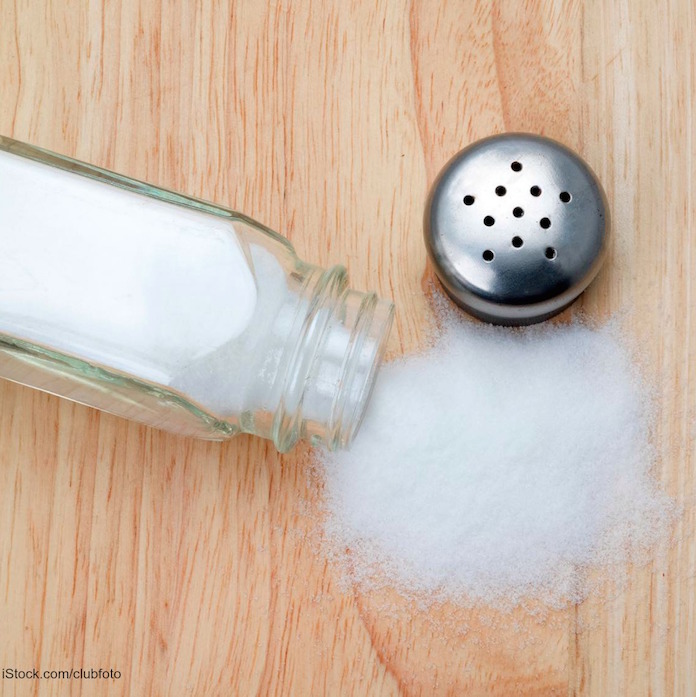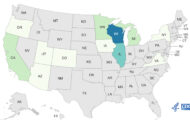According to The Guardian, sea salt around the world is contaminated with tiny bits of plastic. Research was conducted at the State University of New York at Fredonia.

Sherri Mason, a professor at that facility told the Guardian, “Not only are plastics pervasive in our society in terms of daily use, but they are pervasive in the environment. Plastics are ubiquitous, in the air, water, the seafood we eat, the beer we drink, the salt we use – plastics are just everywhere.” Researchers think the plastic in sea salt comes from microfibers and single-use plastics such as water bottles.
Scientists studied 12 kinds of salt purchased in U.S. grocery stores. They found that Americans could be eating more than 600 particles of plastic every year in sea salt, and that’s if they follow the recommended 2500 mg of sodium consumed every day. Since most Americans eat far more salt than that, we are probably consuming far more plastic than that.
Scientists and doctors do not know the effect of ingesting plastic on human health. One of the problems with plastic is that they are made with bisphenol A (BPA), an endocrine disruptor, which has been found in the urine of most won the adult population in this country.
Food Poisoning Bulletin has told you about possible health effects of bisphenol A over the year. This compound could cause increased blood pressure, prostate cancer risk, problems in the brain,and other reproductive cancers. BPA has been tentatively linked to weight gain, heart disease, thyroid issues, liver abnormalities, and diabetes in many studies.
Back in 2012, the FDA refused to eliminate BPA from food packaging and the National Resources Defense Council objected to that. Several corporations have since stopped using BPA in their products, including the Campbell’s Soup Company.
Scientists in other countries around the world have come to the same conclusion. A study published in Scientific Reports in Nature by Spanish researchers found that “sea products are irredeemably contaminated by micro plastics.”
Sea salt seems to be more vulnerable to plastic contamination because it is made by dehydrating sea water. And eating ordinary table salt instead may reduce your plastic intake from that specific product, but plastics are also found in drinking water and beer and other products. Mason added, “We have to focus on the flow of plastic and the pervasiveness of plastics in our society and find other materials to be using instead.”




